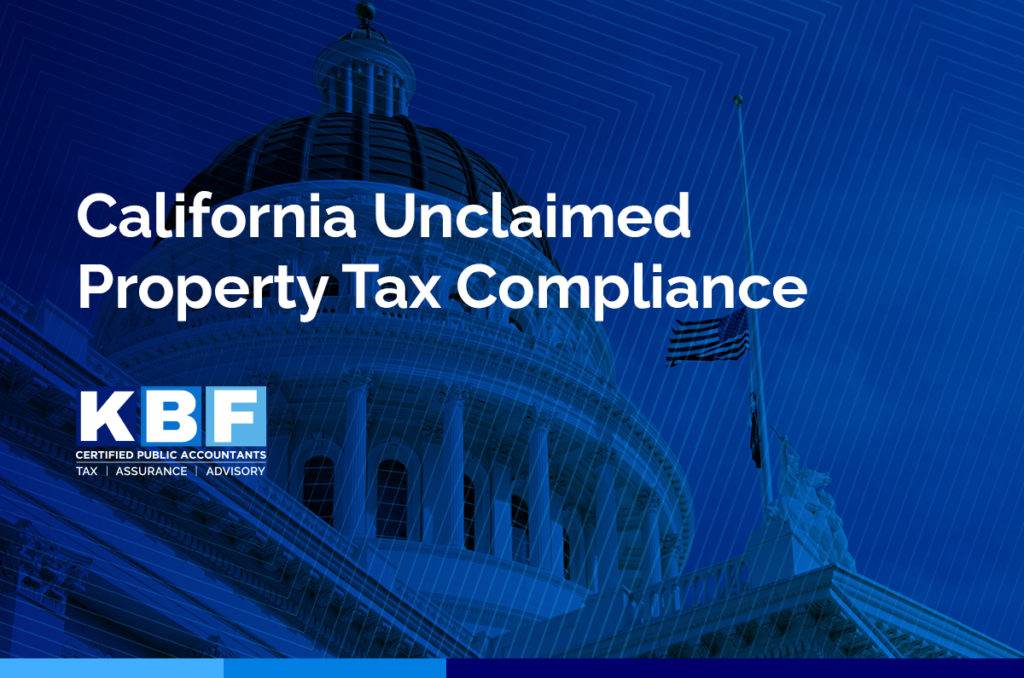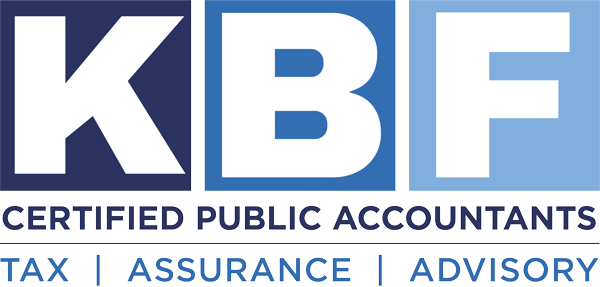California Unclaimed Property Tax Compliance

Summary
Beginning in 2022, the California Franchise Tax Board (FTB) will require most businesses to disclose the status of their unclaimed property compliance on their business tax returns. This information will be shared with the State Controller’s Office (SCO) with the purpose of increasing the awareness of, and compliance with, unclaimed property reporting requirements. To gain information on unclaimed property, the FTB will add various compliance questions to its corporate, partnership, and LLC tax returns.
Details
Recently enacted Assembly Bill No. 466, which becomes effective January 1, 2022, amends the state’s tax disclosure provisions relating to certain business taxpayer information. More specifically, this legislation allows the FTB to gain and share information with the SCO to aid in its enforcement of unclaimed property laws. In a 2019 report, it was estimated only two percent of California businesses submitted an annual holder notice report to the SCO. Based on this finding, the SCO estimates that the amount of outstanding unclaimed property that has not been appropriately reported totals billions of dollars. By increasing holder compliance, the state expects more property to be reunited with the proper owners as well as an increase in this source of state revenue.
By enacting Assembly Bill No. 466, the FTB will be able to share the answers to the questions listed below, along with each entity’s status and revenue, to the SCO. The SCO may use these responses to identify taxpayers that may not be in compliance with unclaimed property reporting requirements. Accordingly, the FTB will add the following compliance questions to California Forms 100, 100S, 100W, 565 and 568:
- Has this business entity previously filed an unclaimed property Holder Remit Report with the State Controller’s Office? [Yes/No]
- If “Yes,” when was the last report filed?
- Amount last remitted?
Considerations
California’s efforts to improved unclaimed property compliance is expected to result in more scrutiny from the state as well as an increase in state audits. Taxpayers that have not previously filed unclaimed property reports may consider an internal feasibility review of past filings. Typically, the lookback period for an unclaimed property audit is 10 years and the state does not currently offer a voluntary disclosure program. At an interest rate of 12%, plus penalties and/or fines up to $50,000, the cost of non-compliance can exceed the value of the unclaimed property.
Going forward, taxpayers should consider implementing policies and procedures to increase compliance and mitigate penalties, interest and exposure.
Due Dates
Holder Notice Reports – Due
- November 1st for businesses and organizations
- May 1st for life insurance companies
Holder Remit Reports and Payments – Due
- June 1st – 15th for businesses and organizations
- December 1st – 15th for life insurance companies
